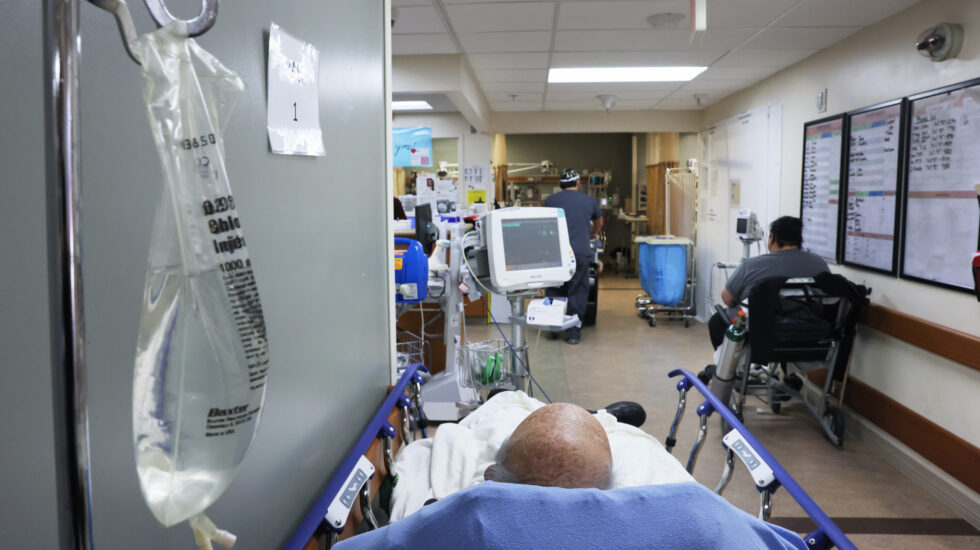At least 120,000 American children lost a parent or primary caregiver to COVID-19, according to a study published Thursday in the medical journal Pediatrics which examined the fifteen month period between April 2020 through June 2021. The study’s lead author told NPR that the number is closer to 175,000 today.
“This means that for every four COVID-19 deaths, one child was left behind without a mother, father and/or a grandparent who provided for that child’s home needs and nurture — needs such as love, security and daily care,” Dr. Susan Hillis, the lead author and a researcher and epidemiologist at the Centers for Disease Control and Prevention, said in an interview with NPR.
Black and Hispanic children were particularly hard hit. They account for more than half of the children who lost a primary caregiver to the pandemic, even though their racial groups represent just 40% of the total population.
Time reports that “researchers estimate COVID-19 drove a 15% increase in orphaned children.”
NPR adds:
…in the short term, the impact of losing a parent or primary caregiver can lead to mental health crises for kids, including increased suicide risk, Hillis says, and “increased exposure to sexual, physical and emotional violence and exploitation.”
And in terms of life outcomes, a body of earlier research shows that losing a parent can put kids at a higher risk of economic, food and housing insecurity.
This adds a new layer of risk to kids in communities of color, which are already disadvantaged.
“Something is very broken in our system and our cultures and hearts,” Hillis told The New York Times. “We must come together to fix it. We should not be willing to tolerate that for another day.”



